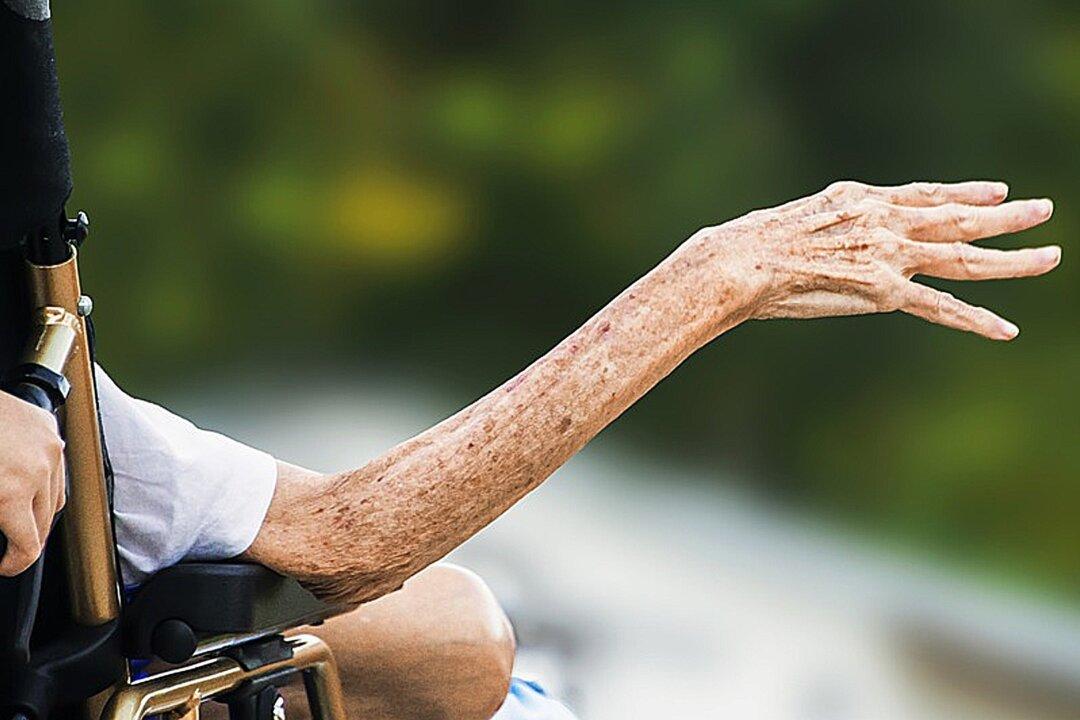A German federal court has rejected a man’s claim for compensation for what he argued was the needless suffering doctors caused his sick father by keeping him alive.
The man’s father, who suffered from severe dementia and other problems, was fed by a gastric tube from 2006 until his death five years later. The plaintiff argued that, by early 2010, that constituted a “senseless extension of the patient’s suffering.”





